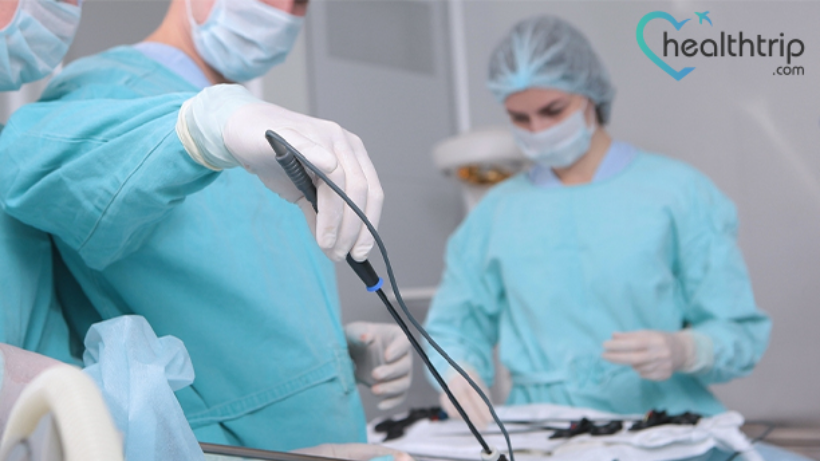
Life After Hiatal Hernia Surgery: Here’s What You Need to Know
20 Jul, 2022
 Healthtrip Team
Healthtrip TeamOverview
Not everyone suffering from hiatal hernia requires surgery. However, when the GERD symptoms can’t be relieved with medications, your surgeon may advise you to consider surgery. As suggested by our experts, anyone undergoing hiatal hernia surgery may have to go through significant lifestyle changes. Here we’ve discussed all the changes you can make to your daily life so that you can prevent the relapse of GERD symptoms for a long time after surgery.
What is hiatal hernia?
A hiatal hernia occurs when a section of the stomach protrudes through the diaphragm and into the chest. Hiatal hernia surgery may be required if the hernia causes severe symptoms or is likely to cause complications.
Transform Your Beauty, Boost Your Confidence
Find the right cosmetic procedure for your needs.

We specialize in a wide range of cosmetic procedures

Also, Read - 10 Best Hernia Surgery Hospitals In India
When do you need to undergo such surgery?
Most hiatal hernias do not cause symptoms, so treatment is usually unnecessary. Milder symptoms, such as heartburn, acid reflux, or gastroesophageal reflux disorder (GERD), may be treatable with medications or lifestyle changes.
However, a doctor may advise surgery if the following conditions exist:
- The symptoms are severe and have a negative impact on one's quality of life.
- Other treatments have had no effect on the symptoms.
- Hernias are at risk of strangulation, which occurs when the blood supply to the herniated tissue is cut off—a potentially fatal situation.
- Symptoms include bleeding, ulcers, and narrowing of the food pipe or esophagus (esophageal stricture).
Also, Read - Weight Loss Challenges? Consider Gastric Sleeve Surgery In Turkey
Lifestyle changes you need to make after surgery:
- Role of exercise: It's difficult to overstate the health benefits of fitness work, and establishing a good, consistent routine will undoubtedly help ensure that symptoms don't return.
Of course, you must be cautious and avoid heavy lifting or abdominal strain for the first three months. However, getting some light exercise will help you avoid complications in the beginning.
- Quit smoking: Among the many reasons smoking can be harmful is that it can cause complications and problems after surgery. Furthermore, this habit can be detrimental to digestion and stomach acidity. There are treatments and approaches that can help you quit smoking; talk to your doctor about them.
- Watch your portions: During your recovery from surgery, you will be advised to avoid large meals in favor of more frequent, smaller ones. It's a good idea to continue doing this even after you've recovered from surgery, as it can relieve stomach discomfort and prevent a relapse of symptoms.
- Skip acidic foods: It's a good idea to avoid foods and beverages that can aggravate stomach acid problems. Though it varies depending on the individual, typically this means avoiding spicy foods, fried foods, coffee, carbonated beverages, and chocolate, among other things.
- Clothing: When the chest and abdomen are wrapped in tight-fitting clothes, GERD or acid reflux can become more noticeable. Wearing looser fitting clothes is necessary as your incisions heal, and it may help prevent heartburn, nausea, and other symptoms from returning.
- Avoid lying down after meals: Another way to avoid heartburn and acid reflux is to avoid lying down for at least two hours after eating. This can help keep stomach acids and digestive juices from entering the esophagus.
- Maintain a healthy diet: Add fresh veggies and healthy proteins to your diet. Don't be afraid to consult with your doctor about a diet that can help you lose weight as well.
How can we help with the treatment?
If you are in search of hiatal hernia treatmentin India,we will serve as your guide throughout your treatment and will be physically present with you even before your medical treatment begins. The following will be provided to you:
Most popular procedures in India
Atrial septal defect
Upto 80% off
90% Rated
Satisfactory
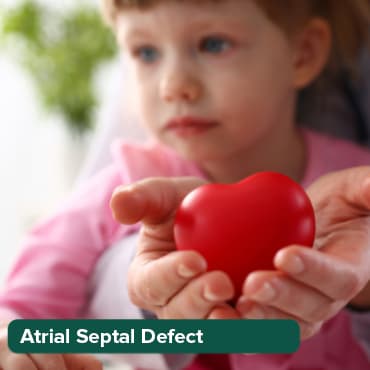
Coronary Angiogram a
Upto 80% off
90% Rated
Satisfactory
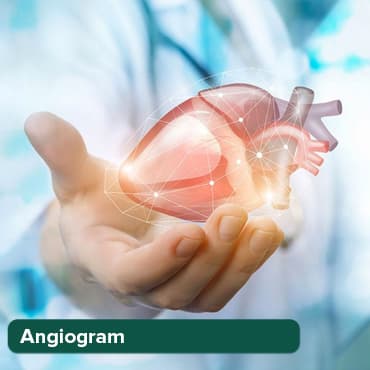
Coronary Angiogram C
Upto 80% off
90% Rated
Satisfactory
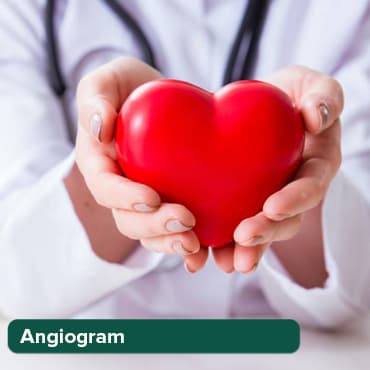
Liver Transplant
Upto 80% off
90% Rated
Satisfactory
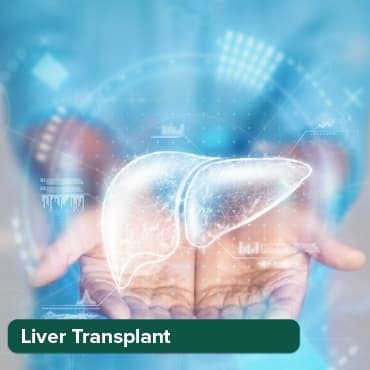
Total Hip Replacemen
Upto 80% off
90% Rated
Satisfactory
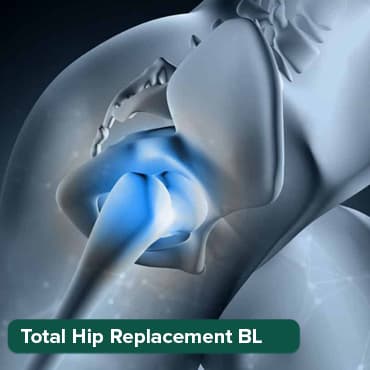
- Opinions of expert physicians and surgeons
- Transparent communication
- Coordinated care
- Prior appointment with specialists
- Assistance with hospital formalities
- 24*7 availability
- Arrangement for travel
- Assistance for accommodation and healthy recovery
- Assistance in emergencies
We are dedicated to offering the highest quality health care to our patients. We have a team of highly qualified and devoted health trip advisors that will be by your side from the beginning of your journey.
Wellness Treatment
Give yourself the time to relax
Lowest Prices Guaranteed!

Lowest Prices Guaranteed!




